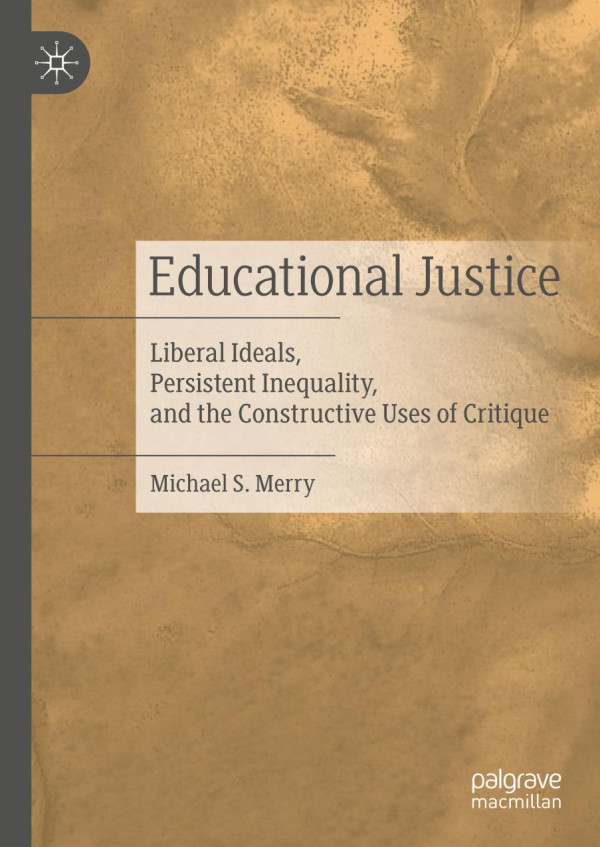

Most ebook files are in PDF format, so you can easily read them using various software such as Foxit Reader or directly on the Google Chrome browser.
Some ebook files are released by publishers in other formats such as .awz, .mobi, .epub, .fb2, etc. You may need to install specific software to read these formats on mobile/PC, such as Calibre.
Please read the tutorial at this link: https://ebookbell.com/faq
We offer FREE conversion to the popular formats you request; however, this may take some time. Therefore, right after payment, please email us, and we will try to provide the service as quickly as possible.
For some exceptional file formats or broken links (if any), please refrain from opening any disputes. Instead, email us first, and we will try to assist within a maximum of 6 hours.
EbookBell Team

0.0
0 reviewsThis book examines the philosophical, motivational, and practical challenges of education theory, policy, and practice in the twenty-first century. There is a loud and persistent drum beat of support for schools, for citizenship, for diversity and inclusion, and increasingly for labor market readiness with very little critical attention to the assumptions underlying these agendas, let alone to their many internal contradictions. Merry does not neglect the historical, comparative international context so essential to better understanding where we are, as well as what is attainable in terms of educational justice. He argues that we must constructively critique some of our most cherished beliefs about education if we are to save the hope of real justice from the rhetoric of imagined justice.